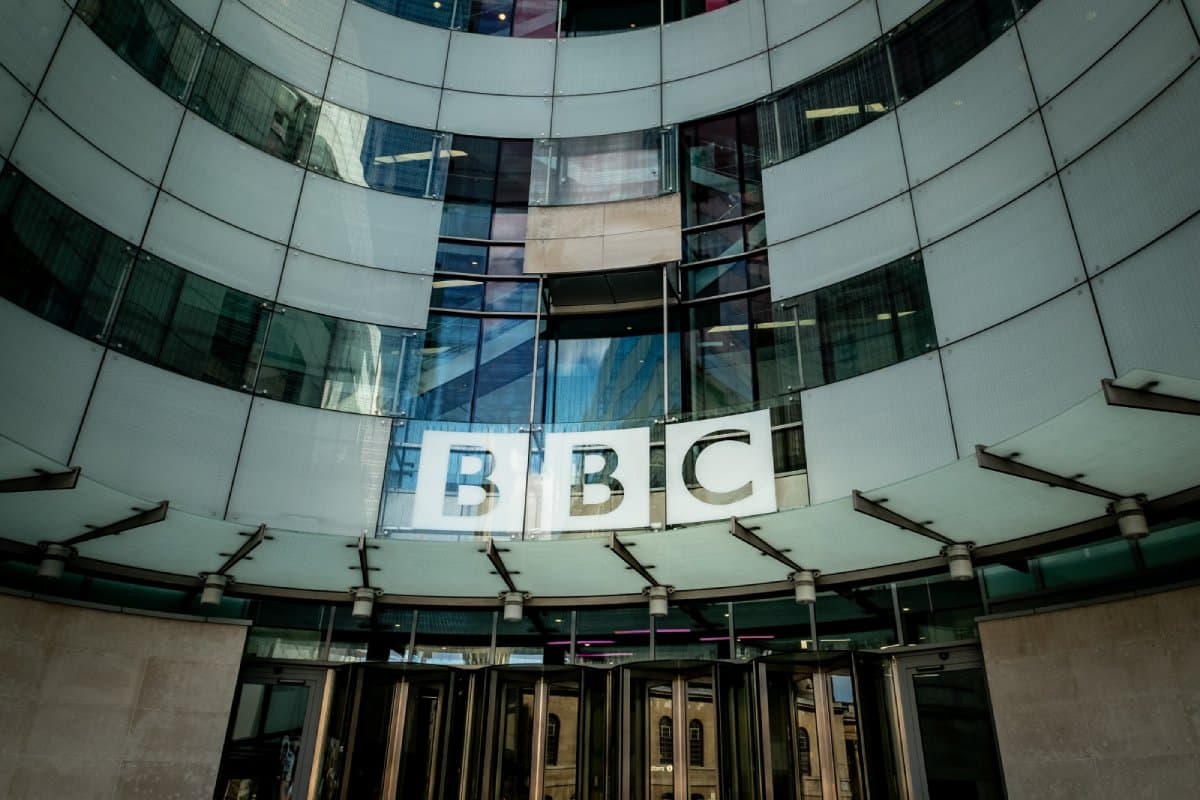Renowned broadcaster Sir David Attenborough defends the BBC licence fee amid a price hike, emphasising its vital role in supporting global programming as it navigates partnerships with commercial entities and potential shifts in advertising strategies. Here’s the full story.
Uniting Figures
With the situation in the UK so consistently volatile, there are very few figures behind which the country can rally. However, one strong contender for the nation’s most beloved national treasure is Sir David Attenborough, who will celebrate his 98th birthday in May.
In advance of the premiere of his latest groundbreaking nature documentary series, “Mammals,” the British broadcaster and biologist has defended the BBC licence fee and praised the broadcaster’s global impact.
Natural History Unit
Scheduled for release on Sunday, March 31, “Mammals” represents the culmination of five years of filming and production by the BBC Studios’ Natural History Unit (NHU), of which Attenborough is crucial.
Attenborough also stressed the importance of the taxpayer’s ongoing and significant support in paying for public service broadcasting. The veteran broadcaster’s words carry considerable weight after years of producing innovative and informative natural history content throughout his long career and coming as it does just days before the BBC plans to raise the licence fee.
Unfreezing Fees
The BBC will raise the licence fee from £159 to £169.50 annually, ending a two-year freeze announced in response to the cost-of-living crisis. Despite the NHU’s collaboration with international commercial entities for funding, Attenborough staunchly supports taxpayers’ continued contribution to the BBC.
The Guardian reported that at a screening of his new documentary in London, Attenborough stressed the far-reaching impact of BBC programming, stating that “world opinion changes as a consequence of the natural history unit.”
Attenborough highlighted the BBC’s unique and valuable role in global media, saying, “Nobody else can hold a candle to it… it’s had a worldwide effect.” Despite the NHU’s severe 7% reduction in roles, the broadcaster clarified that it was “something the BBC can be very, very proud of.”
He continued, “The NHU is an extraordinary worldwide organisation with no parallel anywhere else.”
“A Public Service”
Defending the licence fee, Attenborough stressed that though some funding for the NHU came from the BBC’s commercial wing, the NHU had been started with taxpayers’ money and that the whole country benefited from “a public service backed by the nation.”
The BBC’s commercial wing, exemplified by shows like “Doctor Who,” engages in international partnerships to secure funding and ensure the sustainability of its programs.
Commercial Collaboration
Figures like Russell T Davies and BBC boss Tim Davie have underscored the necessity of collaborating with commercial entities to navigate financial challenges without compromising editorial integrity.
While exploring avenues for cost-cutting, BBC leadership remains committed to preserving a commercial-free broadcasting model. Davie told Sky News, “I want to protect on my watch a commercial-free BBC offer. The reason why Doctor Who looks slightly more well-resourced than it did two seasons ago is because of a wonderful deal with Disney.”
He continued, “And if you take David Attenborough, with some of the finest programs of our generation, they’re often majority funded by commercial companies internationally. So, we can invest as long as we keep editorial control of our values, and I think actually we should grow the BBC’s commercial arm.”
Third-Party Ads
Despite its commitment to commercial-free linear broadcasting, the BBC is reportedly contemplating introducing advertisements to podcasts distributed off its BBC Sounds app on third-party platforms.
This potential shift reflects the necessity of changing strategies to diversify revenue streams while adapting to changing consumption patterns and the dominance of streaming platforms like Netflix.
Though the BBC used to be all-encompassing, an Ofcom report last year revealed that traditional TV viewing had seen its sharpest-ever reduction in viewing figures. The broadcasting regulator’s yearly examination of viewing and listening patterns revealed a decrease in the percentage of individuals engaging weekly, dropping from 83% in 2021 to 79% in 2022.
Tradition vs Innovation
As Sir David Attenborough lauds the BBC’s impact and defends the licence fee, the broadcaster grapples with the need to balance tradition with innovation in the rapidly evolving world of media consumption.
As the debate around the BBC’s future continues, the road ahead for public broadcasting and its funding mechanisms seems bumpy. Hopefully, the country will listen to the wise words of one of its few remaining national treasures and enjoy the national treasure of the BBC while they can.
The post Attenborough’s Speaks Out on BBC License Fee Debate first appeared on Swift Feed.
Featured Image Credit: Shutterstock / William Barton.

